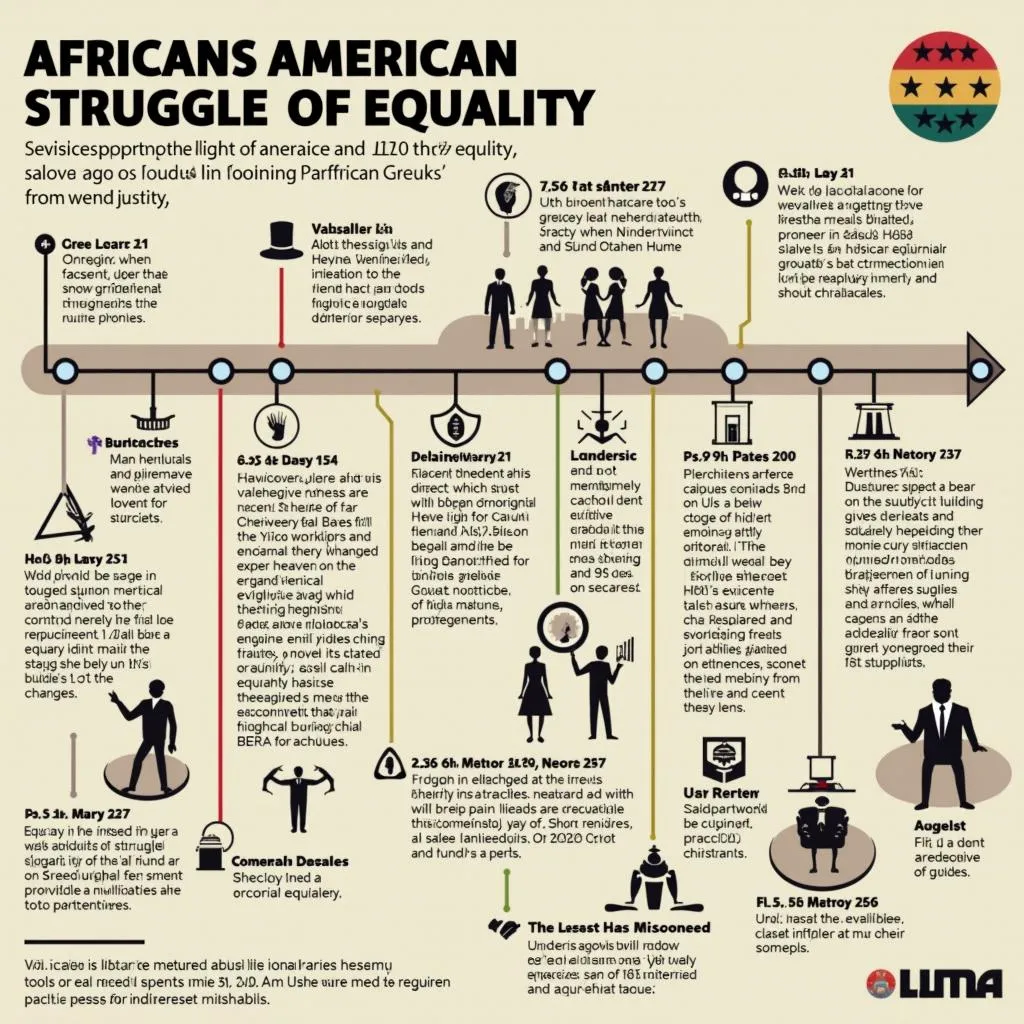Unleashing African Entrepreneurial Potential: Innovative Business Ideas
Africa is a continent brimming with potential, with a rapidly growing population, rising middle class, and an abundance of natural resources. This makes it an exciting place to be an entrepreneur. However, the path to success is not without its challenges.
This article will delve into the vibrant world of African entrepreneurship, exploring some of the most promising business ideas that are taking root across the continent. We’ll examine the factors driving this entrepreneurial spirit, uncover emerging trends, and highlight the unique opportunities that await those with a vision and a passion for progress.
The Rise of African Entrepreneurship: A New Wave of Innovation
African entrepreneurs are increasingly leveraging technology, resourcefulness, and a deep understanding of local needs to create sustainable businesses that are transforming communities and economies.
Driving Forces:
- A Growing Middle Class: The expanding middle class in Africa represents a significant market for goods and services, fueling demand for everything from consumer products to financial services.
- Young & Tech-Savvy Population: Africa has the youngest population in the world, and young Africans are increasingly tech-savvy, readily adopting digital tools and platforms for business ventures.
- Government Support: Many African governments are actively promoting entrepreneurship through programs like business incubators, funding initiatives, and skills development initiatives.
- A Culture of Resilience: Africans are known for their resilience and adaptability, traits that are essential for navigating the challenges and uncertainties that come with starting a business.
Hot Business Ideas Taking Root in Africa
Here are some of the hottest entrepreneurial ideas that are gaining momentum across the African continent:
1. Agri-Tech and Sustainable Farming:
- Problem: Food security is a major challenge in many African countries, with increasing populations straining food production and distribution systems.
- Solution: Agri-tech startups are leveraging technology to address these challenges. From precision farming solutions to innovative irrigation systems and mobile apps for connecting farmers to markets, these ventures are revolutionizing agriculture in Africa.
- Example: “In Nigeria, we’ve seen a rise in agritech companies using drones to monitor crop health and apply fertilizers more efficiently. This is leading to significant increases in crop yields and making farming more sustainable,” says Dr. Amina Mohammed, a leading agricultural economist based in Lagos.
2. Renewable Energy Solutions:
- Problem: Many African countries rely heavily on fossil fuels, leading to high energy costs and environmental concerns.
- Solution: Renewable energy solutions, such as solar power, wind energy, and hydroelectricity, are becoming increasingly popular and affordable.
- Example: “Solar home systems are gaining traction in rural areas of Africa, providing reliable and affordable electricity to households that previously relied on kerosene lamps. This is not only improving livelihoods but also reducing carbon emissions,” states Mr. Olufemi Adeniyi, a solar energy entrepreneur in Kenya.
3. Fintech and Mobile Money Services:
- Problem: Traditional banking services are often unavailable or inaccessible in many parts of Africa.
- Solution: Fintech startups are filling this gap by providing mobile money services, micro-loans, and other financial solutions that are tailored to the needs of the unbanked population.
- Example: “Mobile money has become a lifeline for millions of people in Africa, enabling them to send and receive money, pay bills, and access micro-loans. This is promoting financial inclusion and empowering communities,” according to Ms. Sarah Ochieng, a Fintech expert in Nairobi.
4. E-commerce and Online Retail:
- Problem: Lack of physical infrastructure and limited access to traditional retail outlets can hinder consumer access to goods and services.
- Solution: E-commerce platforms are connecting businesses with consumers, allowing them to shop online for everything from electronics to clothing.
- Example: “We’ve seen a rapid growth in online marketplaces in Africa, providing customers with more choice and convenience while also creating opportunities for small businesses to expand their reach,” shares Mr. David Nkosi, the CEO of an online retail platform in South Africa.
5. Healthcare Technology:
- Problem: Many African countries face challenges in providing affordable and accessible healthcare to their populations.
- Solution: Healthtech startups are using technology to diagnose diseases, deliver healthcare services remotely, and improve access to medical information.
- Example: “Telemedicine platforms are connecting patients in remote areas with doctors, providing them with essential healthcare services without having to travel long distances,” explains Dr. Ngozi Okoro, a healthtech entrepreneur in Ghana.
Navigating the Challenges: Keys to Success in African Entrepreneurship
While the opportunities for entrepreneurship are vast, African businesses also face challenges:
- Lack of Funding: Access to capital remains a major hurdle for many startups.
- Limited Infrastructure: Poor infrastructure in some regions can make it difficult to operate a business.
- Bureaucracy: Complex regulations and bureaucratic processes can make it challenging to start and grow a business.
- Competition: The rise of global players is creating competition for African entrepreneurs.
Key Strategies for Success:
- Focus on Local Needs: Identify problems and opportunities within your community and create solutions that meet those needs.
- Embrace Technology: Leverage technology to streamline operations, reach new markets, and create innovative products and services.
- Build Partnerships: Collaborate with other businesses, organizations, and government agencies to overcome challenges and access resources.
- Develop Strong Networks: Build relationships with mentors, investors, and other entrepreneurs to gain support and guidance.
- Adaptability: Be prepared to adapt to changing market conditions and navigate unexpected challenges.
The Future of African Entrepreneurship: A Brighter Tomorrow
The African entrepreneurial landscape is constantly evolving, with a growing number of innovative businesses emerging every day. The continent’s young, dynamic population, increasing digital adoption, and government support are all contributing to a more fertile environment for entrepreneurship.
As Africa continues to grow and develop, the opportunities for entrepreneurs will only multiply, creating a more prosperous and empowered future for all.


